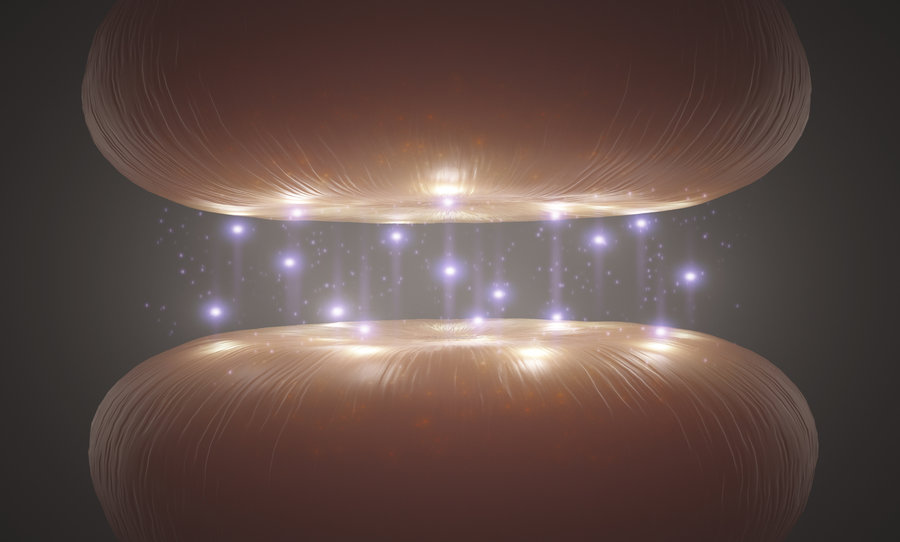New brain imaging research conducted by Swedish scientists has revealed how ketamine can be used to radically ease symptoms of depression.
The research, published in the nature journal Translational Psychiatry, has shown how the drug increases specific serotonin receptors which relieve traits of depression and help manage suicidal thoughts.

New brain imaging research carried out by Swedish scientists has revealed how ketamine can be used to ease symptoms of depression.
Scientists at Karolinska Institutet in Sweden carried out a randomised two-pronged study on 30 people who suffer from depression but did not respond to conventional treatments.
For the first part, 20 of the patients took a dose of ketamine while 10 were given a placebo. All the participants underwent a PET (positron emission tomography) neuroimaging before receiving the dose and then 24 to 72 hours afterwards.
One of the researchers, Mikael Tiger, stated that his and his research team “were previously able to show a low density of serotonin 1B receptors in the brains of people with depression.”
The team then used a radioactive marker which attaches to serotonin 1B receptors. Undertaking this process, researches found that ketamine halts the release of serotonin but increases the release of dopamine. This is associated with maintaining positive feelings.
Further, in the second phase of the study, 29 of the individuals received ketamine twice a week for two weeks. Over 70 per cent of the treated people experienced an easing of depression symptoms and suicidal thoughts.
Based on these findings, the Swedish scientists are testing the credibility of ketamine as a next-generation anti-depressant.
Though there are still certain considerations, such as the highly addictive nature of ketamine which often prompts its users to K-hole, that need to be resolved before this is a reality.


